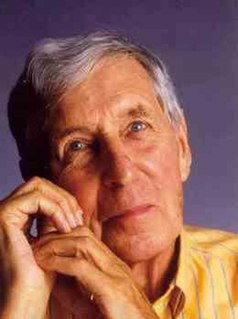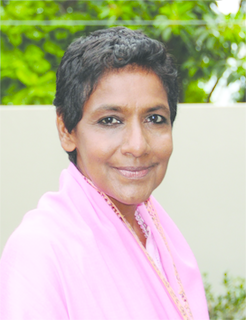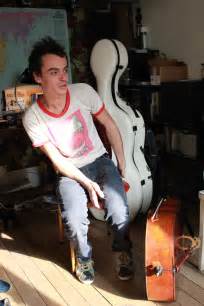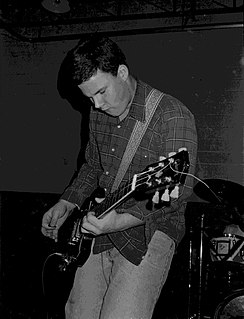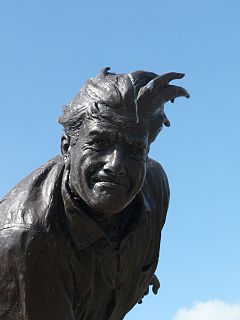A Quote by Robert Lopez
I'm not an advocate of true rhymes, I don't think. I think that everyone who writes musical theater needs to know how to do true rhymes, because that's the tradition of it, but I do think that in order for the art form to grow, it's important to not let tradition get in the way of innovation.
Related Quotes
I'm not an advocate of true rhymes, I don't think. I think that everyone who writes musical theater needs to know how to do true rhymes, because that's the tradition of it, but I do think that in order for the art form to grow, it's important to not let tradition get in the way of innovation. There's all kinds of reasons not to use true rhyme in a lyric, like with off-color humor.
What is literary tradition? What is a classic? What is a canonical view of tradition? How are canons of accepted classics formed,and how are they unformed? I think that all these quite traditional questions can take one simplistic but still dialectical question as their summing up: do we choose tradition or does it choose us, and why is it necessary that a choosing take place, or a being chosen? What happens if one tries to write, or to teach, or to think, or even to read without the sense of a tradition? Why, nothing at all happens, just nothing.
The Western music tradition is mostly addressed to a public that has a critical mind, and judges the quality of the writing, of the interpretation. And I think it is a great tradition! It pushes the musicians to always go further, and to never stop pushing the limits and explore what can be done with sounds. And great pieces of art were born from that tradition.
The question of art songs always came up with Gastr del Sol. I think Jim O'Rourke had it right in being clear that there's a tradition of art song - Ives being the touchstone for the two of us - and what we do doesn't belong to it. It wasn't important to advance those kinds of distinctions, but clearly he thought it was fanciful for anyone to speak of what we were doing as being in that tradition.
In fact I don't think of literature, or music, or any art form as having a nationality. Where you're born is simply an accident of fate. I don't see why I shouldn't be more interested in say, Dickens, than in an author from Barcelona simply because I wasn't born in the UK. I do not have an ethno-centric view of things, much less of literature. Books hold no passports. There's only one true literary tradition: the human.
Printed prose is historically a most peculiar, almost an aberrant way of telling stories, and by far the most inherently anesthetic: It is the only medium of art I can think of which appeals directly to none of our five senses. The oral and folk tradition in narrative made use of verse or live-voice dynamics, embellished by gesture and expression--a kind of rudimentary theater--as do the best raconteurs of all times. Commonly there was musical accompaniment as well: a kind of one-man theater-of-mixed-means.

